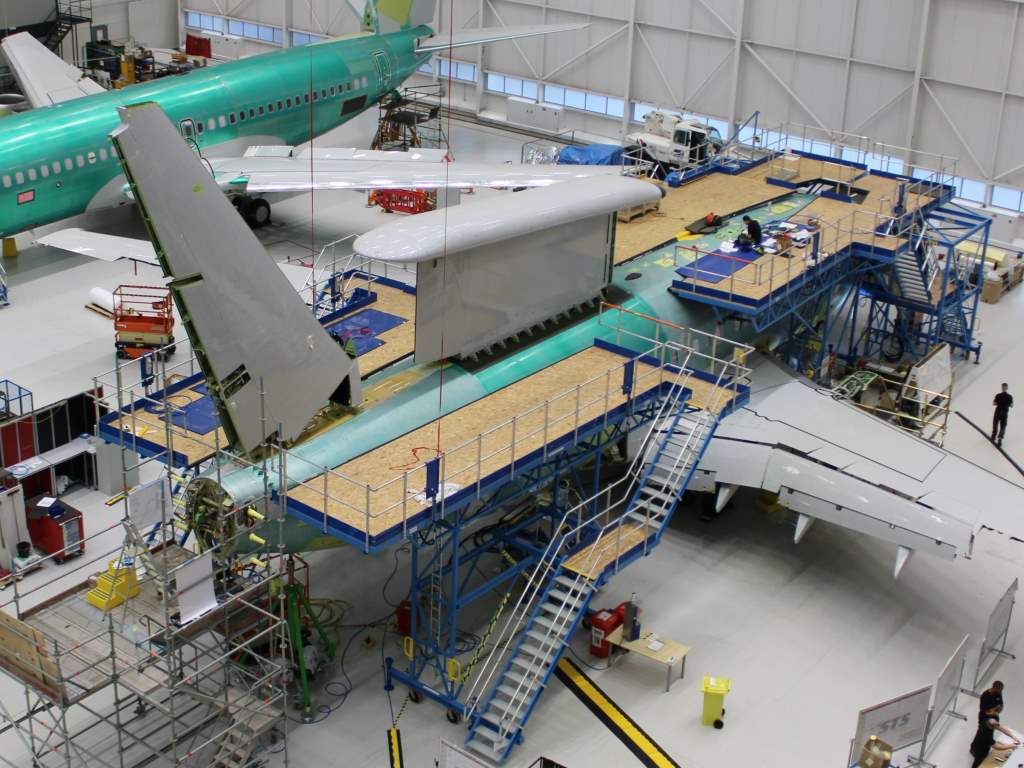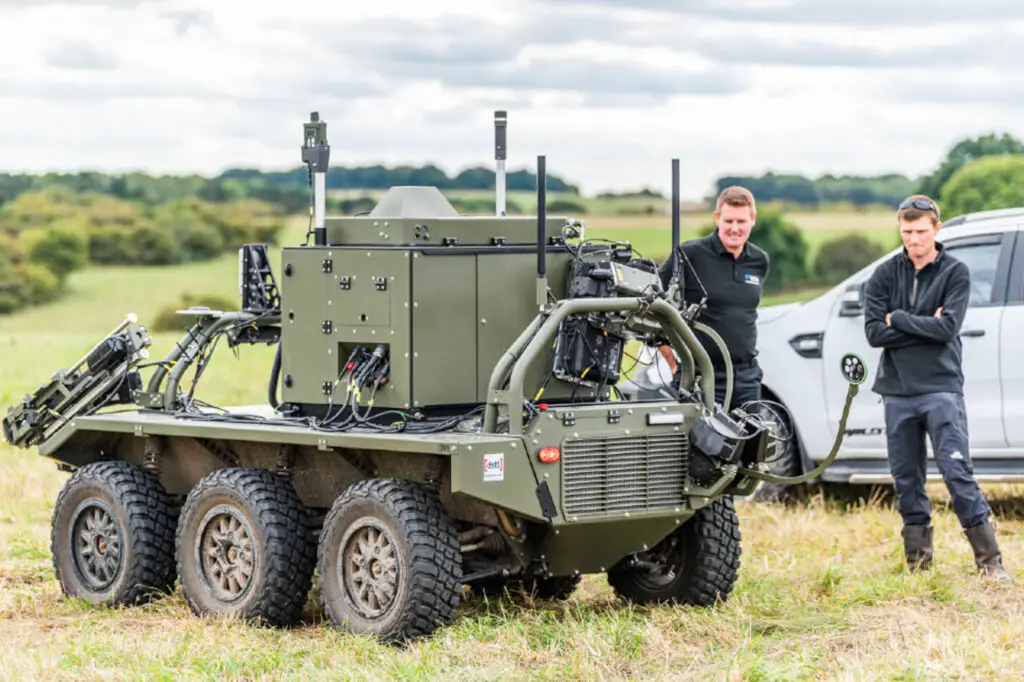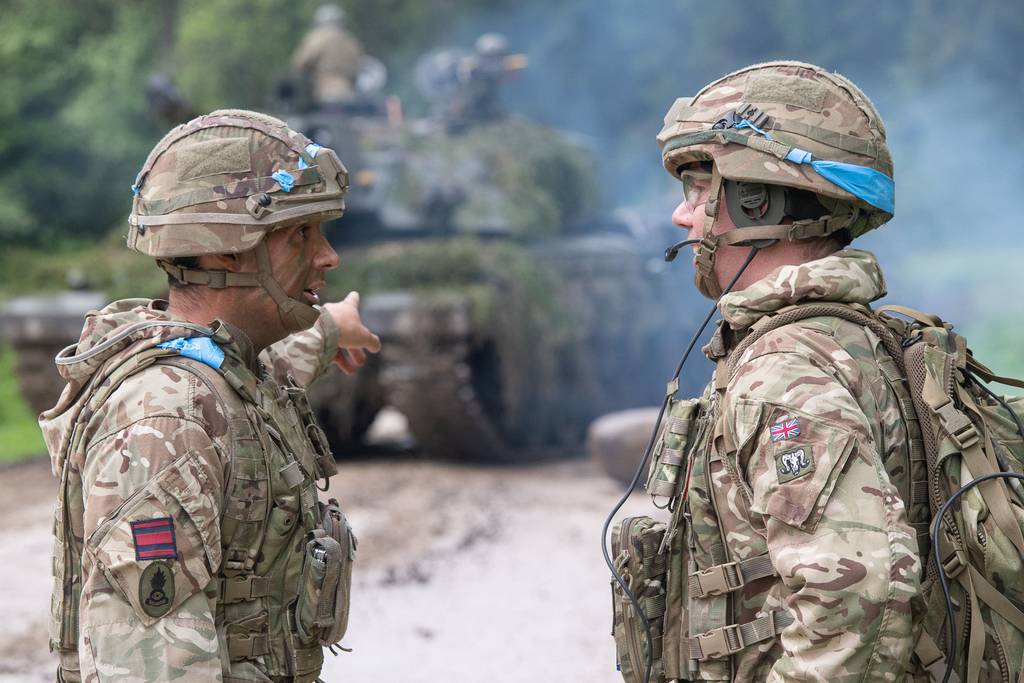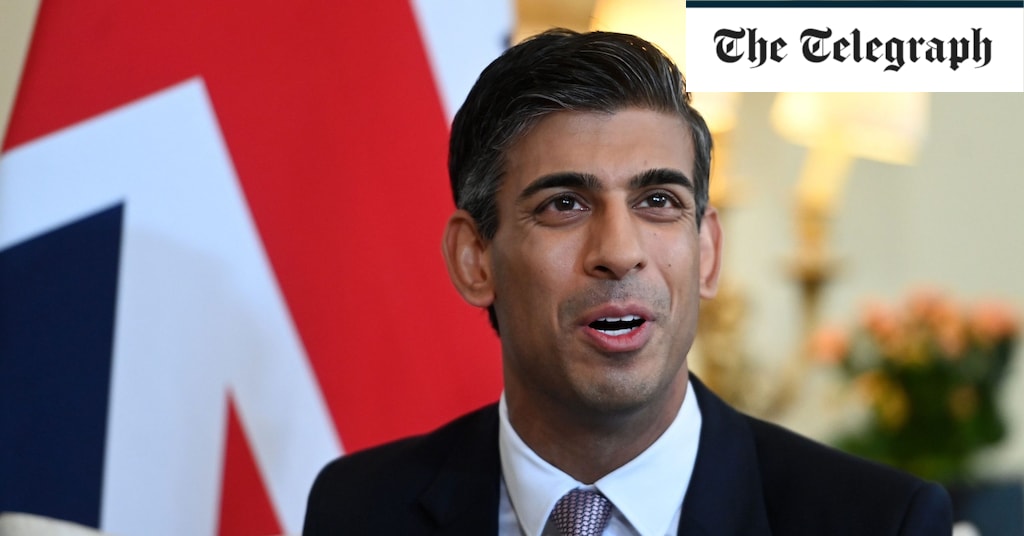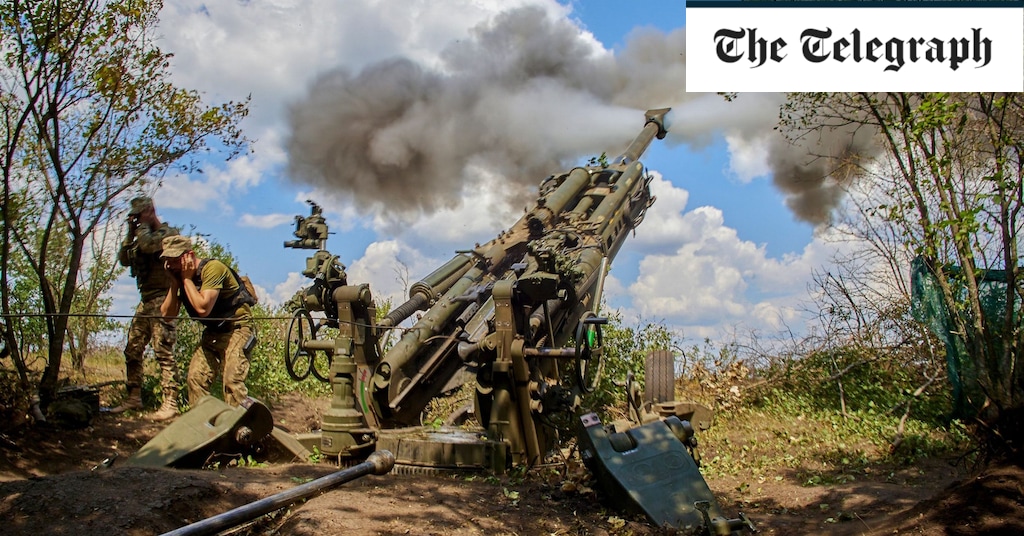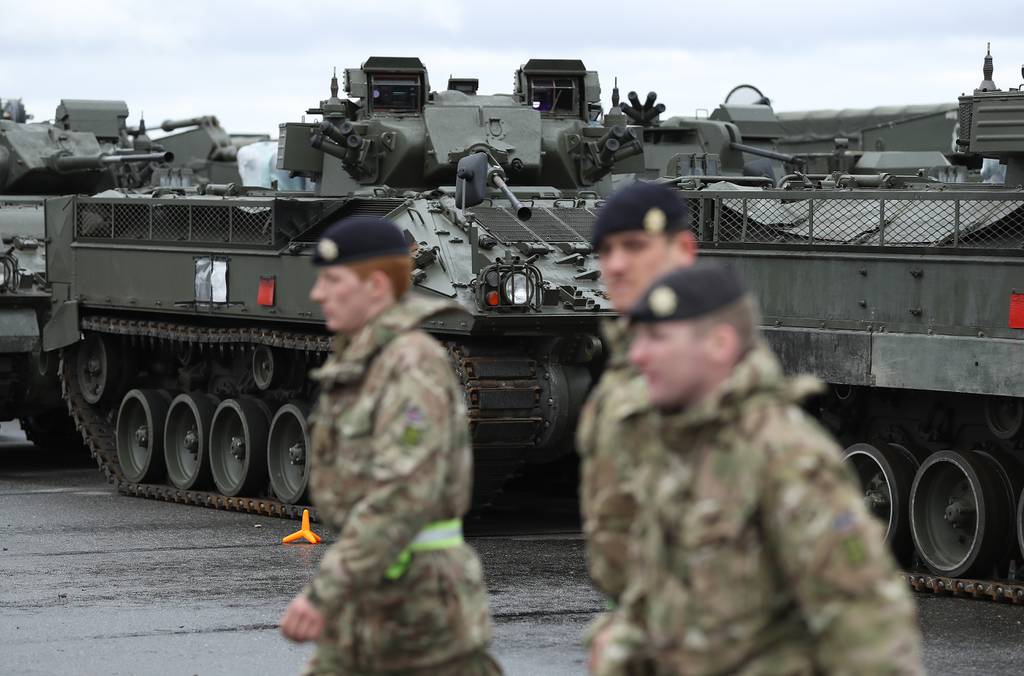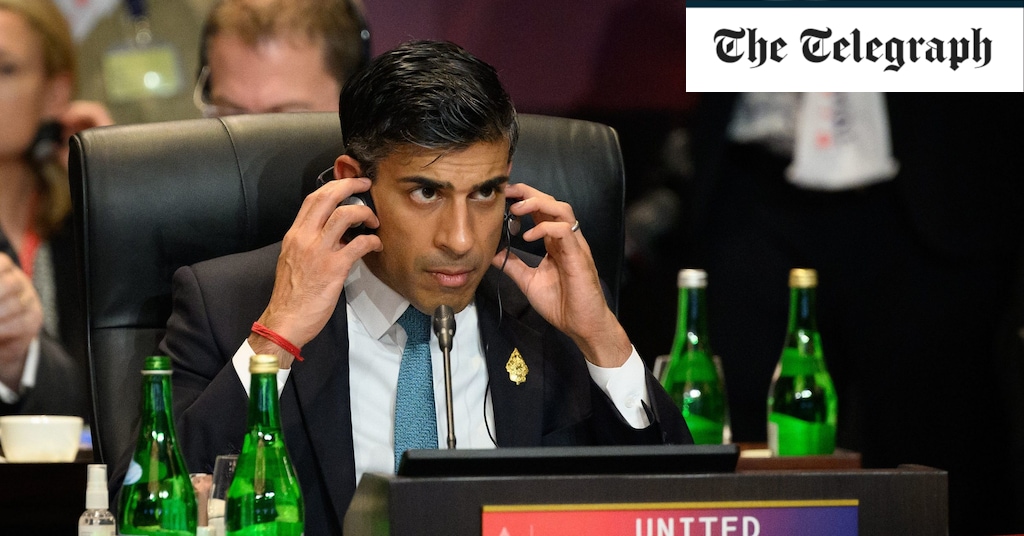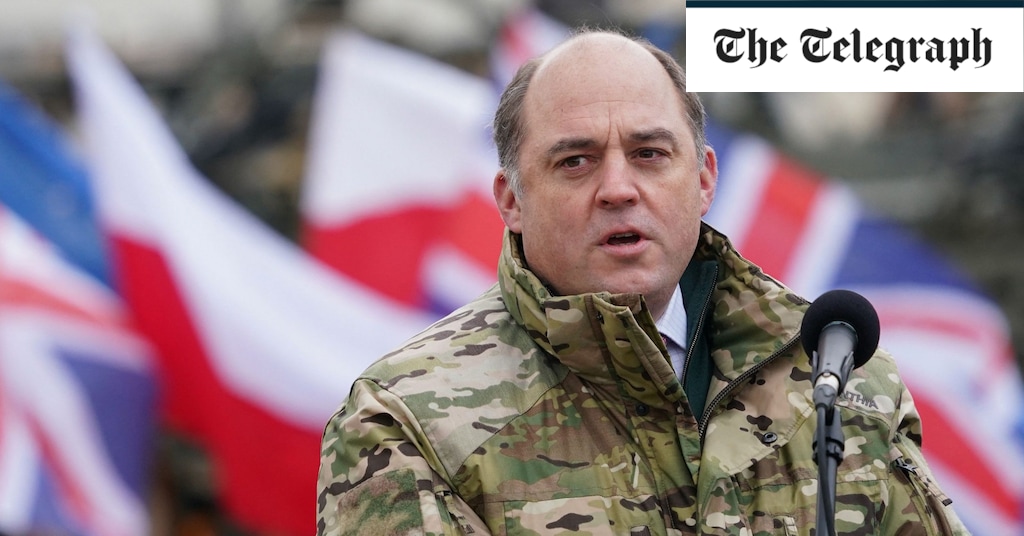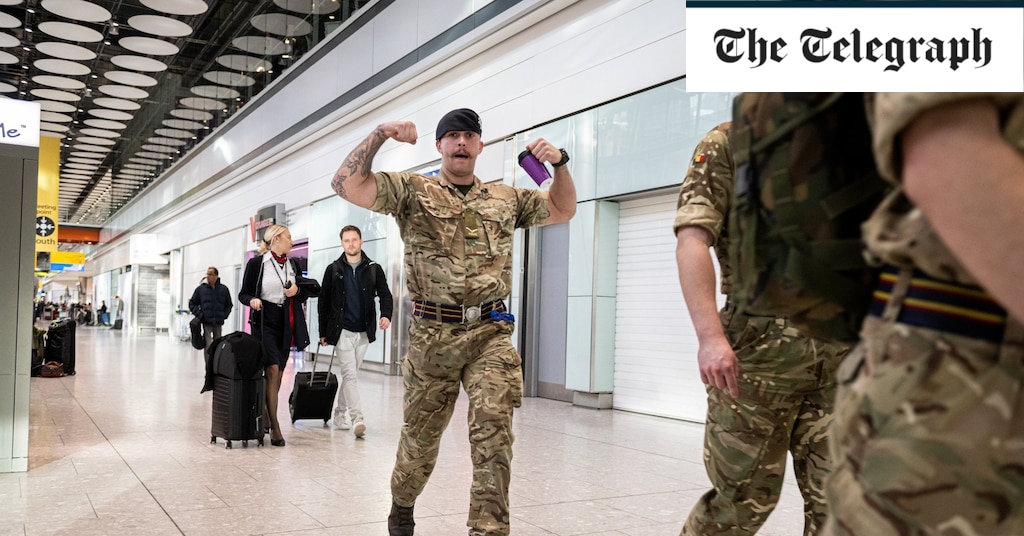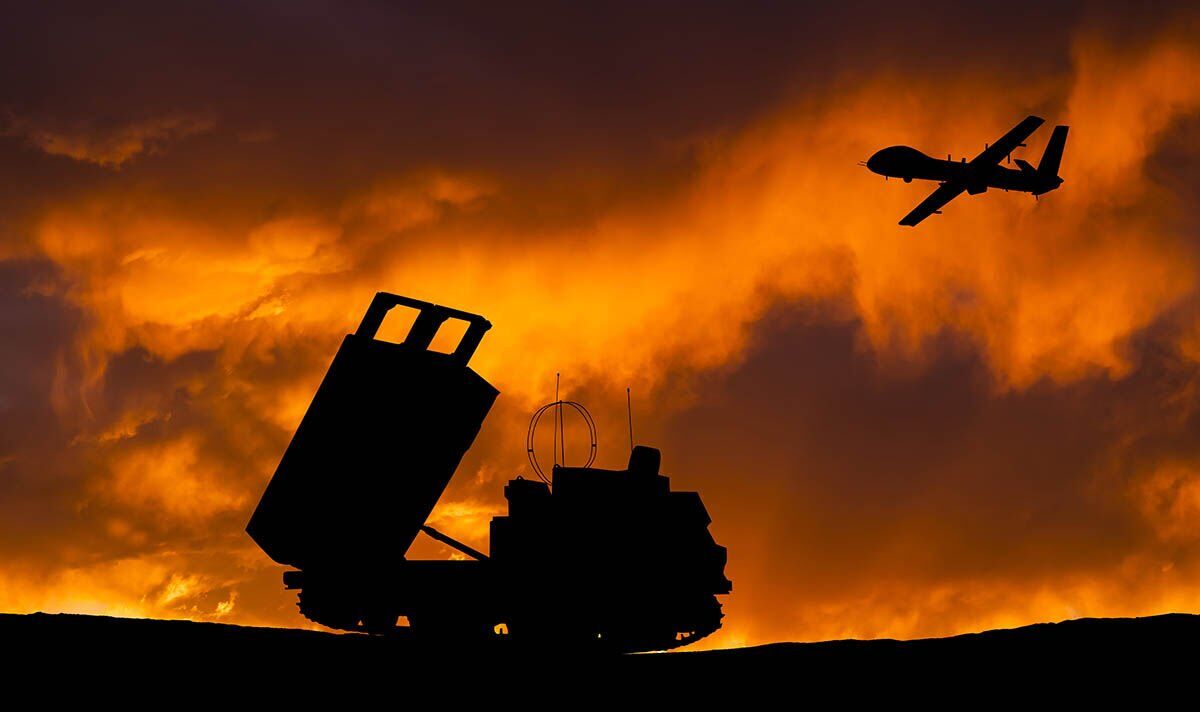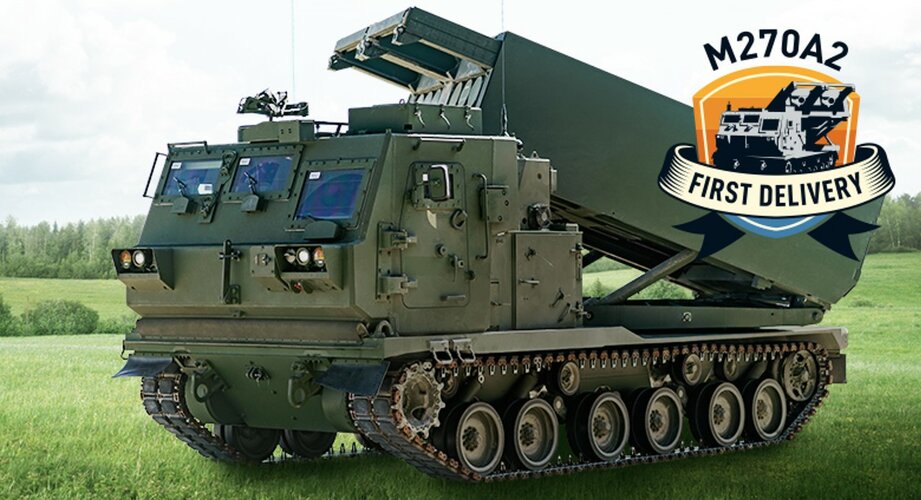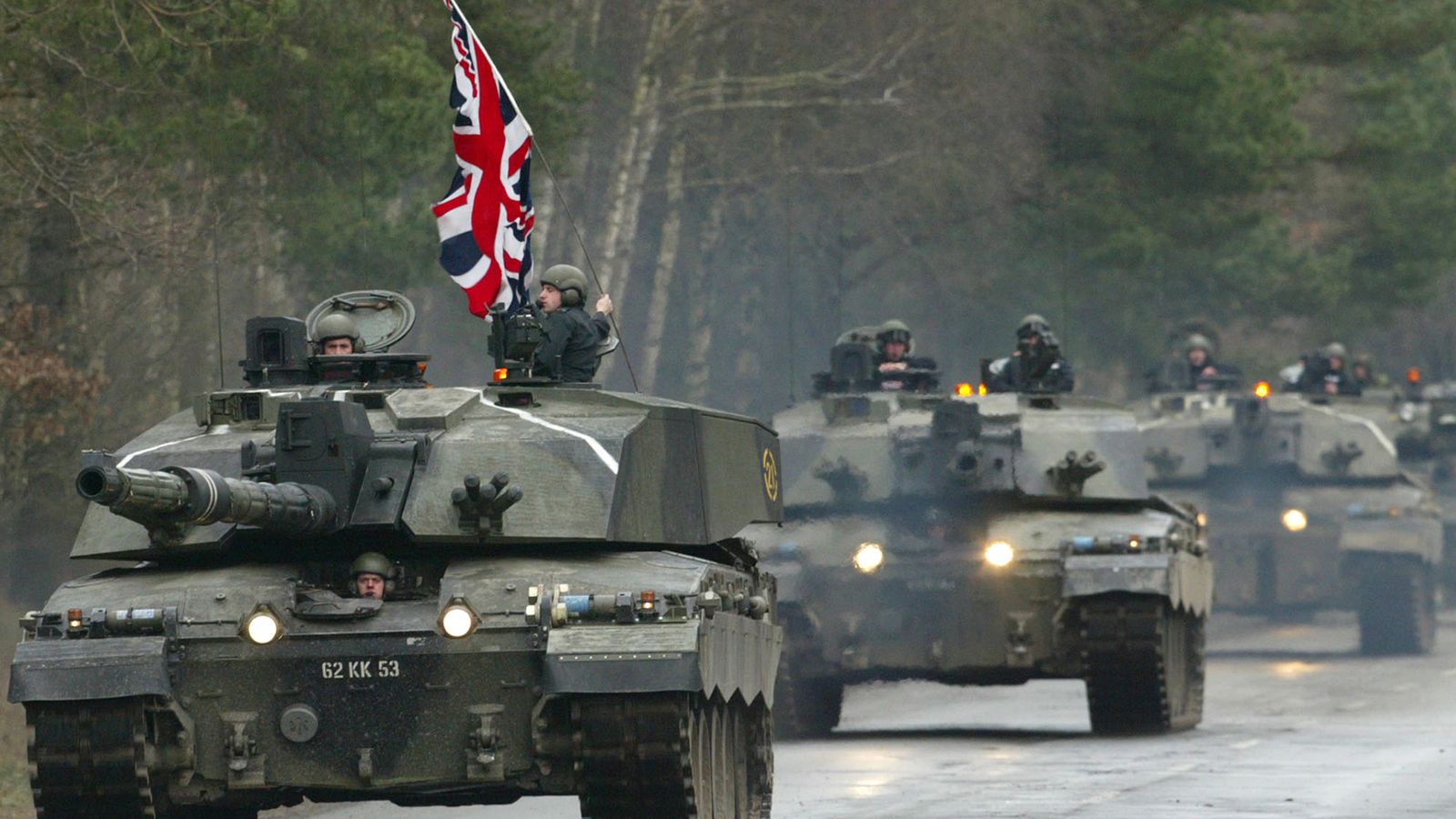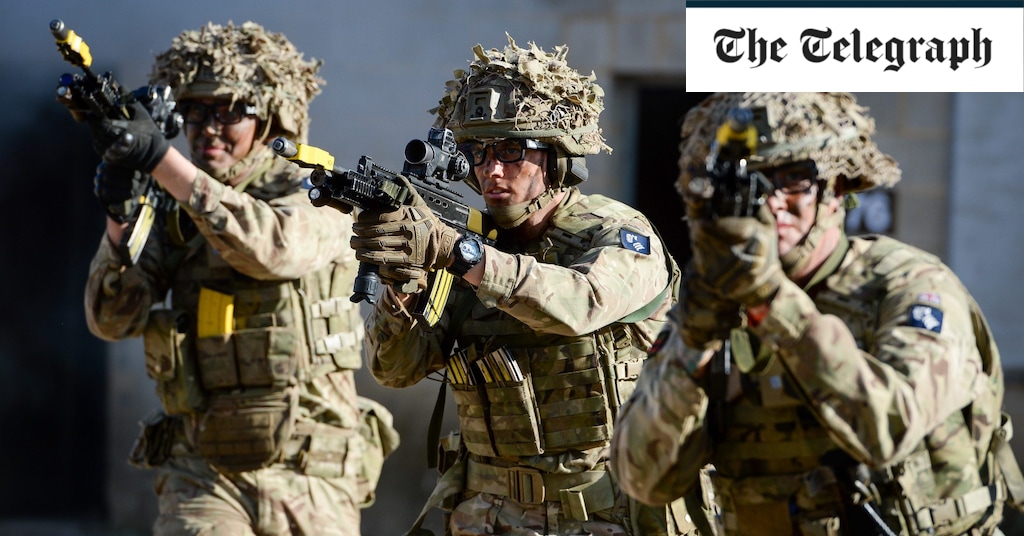Kat Tsun
I really should change my personal text
- Joined
- 16 June 2013
- Messages
- 1,126
- Reaction score
- 1,258
The much maligned Nott review recognised that our Cold War commitment was more important than the illusion created by the Falklands War that "out of NATO area" was affordable and desirable.
Now that we faced a bubbling rather than Cold War with Russia and China it is time for another look at the Royal Navy.
I have argued consistently that Denis Healey called ot right in 1966 that the SSN was the capital ship of the RN for the Cold War. Carriers appeal to politicians (that is why we now have two expensive white elephants) as visible symbols of national status but they do not survive long if a war starts (the fate of the Moskva is the latest example of big ship vulnerability).
We need more SSNs.
The Trident deterrent accepts the reality that nuclear weapons are not going to be uninvented. Ever since 1968 the submarine based deterrent has had the role of reminding Russia (and more recently China) that the UK cannot be attacked by a nuclear power without serious consequences. I see nothing to change this requirement.
TBF, fixed-wing carriers are probably the second most vital component of the RN after the SSBNs. SSNs are third most important. Navies also don't survive nuclear wars, if that's what you mean by "big war" (it's the only one I can think of anyway). Armies do, and air forces might, since they can both disperse extensively and don't require much in the way of maintenance. Navies are tied intrinsically to harbors and ports, which are limited in quantity and easily hit by ballistic missiles though.
Submarines also cannot operate without friendly air superiority after all, or else they are destroyed by maritime patrol aircraft. Since the British Empire stopped existing in the 1960's there's no place in Asia, or the North Sea, where British air cover would exist extensively without the use of aircraft carriers to host fighters for protection of the submarine forces. Brunei isn't rejoining the UK anytime soon, and Diego Garcia is so far away I'm not sure the PLA realizes it exists in anything other than the abstract "nuclear missile target" sense.
Since there's no more Tornado ADFs, or any long legged air defense fighter (and you'd need bigger legs than Tomcat anyway) to expand beyond the North Sea into the Arctic from UK, CVFs with a supersonic fighter like F-35B provide that air superiority and strike capability out to a combat radius pretty much identical to Super Hornet. They are brutally important for providing the air defense muscle against Tu-142 and IL-38, or whatever the UK might be forced to fight.
Moskva was also lost because it was an outdated ship with 1960's weapons and sensors in a close sea, in bad weather, in the littorals, against a anti-ship missile. It was then towed without being patched. You might as well say the Falklands accurately predicted big ship vulnerability, because Sheffield got lost in the exact same circumstances.
The truth is they aren't actually that vulnerable to anti-ship missiles, and this won't change in the future, it will just mean that ships will come under anti-ship attack more often than before because the vital VID aspect of HVUs by MPAs will become irrelevant when you can cue commercial radar or visual satellites to do this instead. Which just means bigger magazines of better missiles I guess. UK should focus on building a 9,000 ton destroyer with 64 VLS cells for PAAMS next I guess.
For naval surface forces in particular, some sort of large optionally manned corvette in the 2-3,000 ton class with something like 32 VLS cells and stuffed to the gills with engines and whatnot, designed for extensive autonomous patrol, might work. That would require an order of magnitude (or two) increase in nautical systems reliability and extensive compartmentalization. In combat the ship would just be sealed up and controlled by a manned central ship in the 10-12,000 ton class (like a bigger Type 45 maybe) and three to five of these ships could be built alongside each manned ship. That would restore some surface fightability to the RN without necessarily stepping on anyone's toes.
Submarines the UK needs more of, clearly. four or five more Astutes, or better a wholly new ship, would likely do. Four SSBNs is fine. Maybe six SSNs and six conventional fleet submarines could work though, with the latter for the Pacific and the former for Europe and the islands. The RM either needs to be scrapped utterly or just converted into a literal couple battalions (one for each carrier) lifted by helicopters, and the Army should bite the bullet, and try to restart Warrior production or buy Bradleys from America or Tracked Boxer from Germany. UK is already buying Challenger 3 and Boxer (a British product lol) from Germany so the latter is the smarter option.
The UK's ultimate problem is it is becoming too poor to maintain its global relevance though. There's no easy solution to that unfortunately. It's also not a problem unique to the UK. Everyone is feeling this, simply because of global demographic squeezes, and wealth concentrations from lack of capital controls, reducing taxable incomes. Of course, as the UK has benefited most, aside from America, from these free capital flows it won't want to change them.
It could always be worse after all. Unlike Italy, Spain, and Germany, the UK has maintained not only a functional air force and navy, but possibly the best trained air force, and best trained submarine force, in the world.
Last edited:

